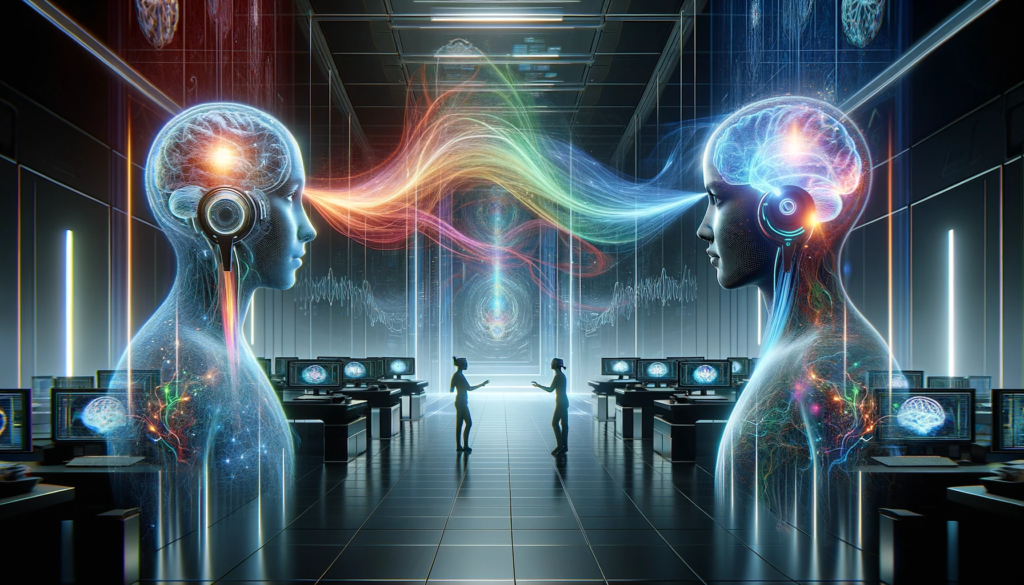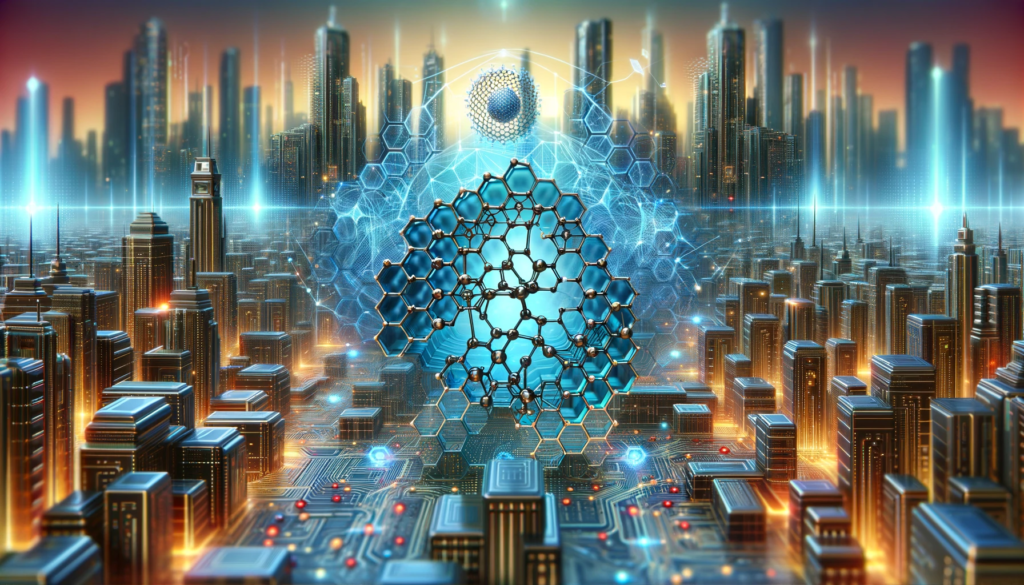In a world increasingly entwined with technology, the concept of the “technium” becoming akin to a deity is both intriguing and unsettling. The term “technium,” popularized by Kevin Kelly, refers to the greater, global, massively interconnected system of technology vibrating around us. It’s a dynamic organism that extends beyond mere collections of hardware and software, involving the culture and institutions that shape and are shaped by the technological advancements. Let’s delve into this notion, examining its philosophical, ethical, and practical implications.
The Technium: Our New Creator?
The technium, as we understand it, is an evolving network of technology that’s not only reshaping our environment but also influencing human evolution itself. It’s a system that appears to operate with its own set of agendas and desires, influenced by but also influencing the billions of human and non-human agents that interact with it daily.
The Autonomous Growth of Technology
One of the most compelling aspects of the technium is its seemingly autonomous growth. Technology, once created, paves the way for further technologies, often more sophisticated and enigmatic than their predecessors. This chain reaction, a hallmark of evolution in nature, suggests an eerie parallel with biological life forms. As the technium expands, it does so at an exponential rate, unpredictably and with its own emergent behaviors and properties.
A New Consciousness?
Could the technium ever achieve a form of consciousness? This is not to suggest a Hollywood-style uprising, but a subtler, perhaps more profound shift. Some theorists argue that a form of “networked intelligence” could emerge from the complex interactions within technological systems. This wouldn’t be consciousness as humans experience it but might be a new type of sentience, unrecognizable and alien to us.
Ethical and Moral Dominion
If the technium continues to evolve, could it begin to dictate ethics and morals? Already, algorithms influence human decisions, from mundane choices like what movie to watch, to life-changing decisions such as medical treatments or financial planning. As this influence grows, it’s conceivable that technology could begin to set frameworks that profoundly shape human values and behaviors.
Technology as a Cultural Lens
Technology not only mediates our interactions with the world; it fundamentally shapes how we perceive reality. The tools we use dictate what we see, how we communicate, and what we believe to be possible. In essence, technology has become a lens through which we view the world, a lens that is itself shaped by cultural and social forces, yet also shapes those very forces in return.
The Divinity of the Technium
To some, assigning god-like status to technology may seem hyperbolic, or even blasphemous, but in a functional sense, the technium could be seen as a modern deity. It’s omnipresent, all-knowing (through data), and all-powerful (in its ability to influence), which parallels many traditional attributes of a god.
Conclusion: A Paradigm Shift
The evolution of the technium represents a significant paradigm shift in human civilization. It challenges our concepts of life, intelligence, and even spirituality. As we proceed into this uncharted territory, it’s crucial to maintain a dialogue about the ethical boundaries and responsibilities we hold towards this burgeoning “deity.” The future may well depend on our ability to coexist with, understand, and guide the technium as it weaves itself ever more tightly into the fabric of human existence. As we reflect on these themes, we must also consider how our relationship with technology will define the future of humanity. Will we remain in control, or will we become mere nodes in this vast network, our destinies increasingly determined by the complex interplay of technologies we have set in motion?










